
Drs. Smith, Duffy, and Tabár provide an excellent history of breast cancer screening, including a summary of the randomized trials, the technical approaches, and the range of recommendations for screening.

Your AI-Trained Oncology Knowledge Connection!



Drs. Smith, Duffy, and Tabár provide an excellent history of breast cancer screening, including a summary of the randomized trials, the technical approaches, and the range of recommendations for screening.

In this paper, the historic and recent evidence supporting the value of breast cancer screening will be described, along with the underpinnings of the current debate over the relative and absolute benefit of regular mammography screening.

A new study from the National Cancer Institute shows that physical activity is associated with lower mortality rates in patients with breast and colon cancers.

An abstract presented at the 13th Annual Meeting of the American Society of Breast Surgeons suggests that women who are at high risk for recurrence may not need a mastectomy.

New data presented at the 13th Annual Meeting of the American Society of Breast Surgeons shows radiofrequency ablation can prevent local breast cancer recurrence just as effectively as radiation therapy. Compared to radiation therapy, radiofrequency ablation showed superior cosmetic results and poses little risk to healthy tissue.

A study published today shows that whole-breast irradiation fares better than brachytherapy for women with breast cancer.

Ductal carcinoma in situ (DCIS) is the most commonly diagnosed, noninvasive type of breast cancer in women. In this interview Dr. Lance Liotta and Professor Virginia Espina, whose laboratory has been one the first to successfully culture living DCIS cells, discuss novel ways to stop breast cancer before it becomes invasive and malignant.
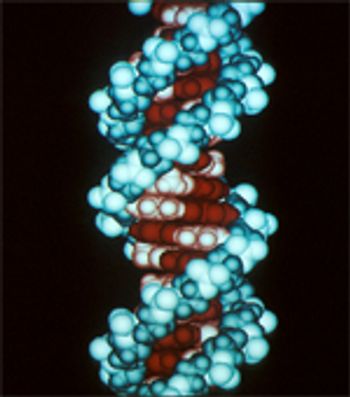
Researchers from the United Kingdom and Canada have released new data genetically characterizing over 2,000 breast tumors. The work provides a framework to understand how gene copy-number aberrations affect gene expression in breast cancer and reveals novel subgroups that could be targets of future investigations.

In their review of multi-gene assays of breast cancer, Drs. Gökmen-Polar and Badve highlight the overall similarity of “first-generation” molecular assays that have been developed, using different strategies, to understand the relationship between gene expression within tumor samples and the outcomes of patients with breast cancer.

Future randomized studies should focus on determining which patients benefit most from the inclusion of molecular diagnostics in treatment decision making and on the development of treatment algorithms that incorporate patient factors, histologic and biologic findings, and molecular markers.

In this review, we will present the current data on commercially available molecular profiling assays in breast cancer and discuss the challenges surrounding their incorporation into routine clinical practice as prognostic and predictive tools.
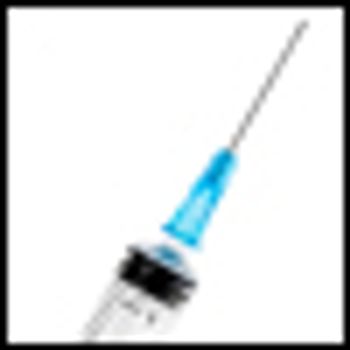
A large-scale study of US women between the ages of 20 and 44 shows that using the injectable contraceptive, depot medroxyprogesterone acetate (DMPA), is associated with a two-fold increase in the risk of invasive breast cancer when the contraceptive is used for at least one year.

Researchers at the University of British Columbia in Vancouver, Canada have sequenced and analyzed over 100 triple-negative breast tumors at the time of diagnosis, the first in-depth genomic analysis of this heterogeneous breast cancer subtype.
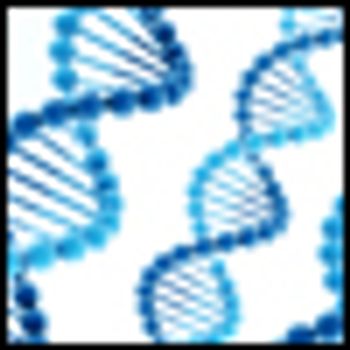
Development of a novel method for drug discovery using active compounds as pharmacodynamic biomarkers in triple-negative breast cancer cell lines.
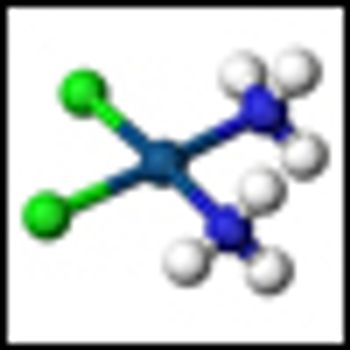
Researchers have identified a marker of DNA damage that may be able to predict a patient’s response to platinum-based chemotherapy agents such as cisplatin and carboplatin.

A wide negative margin during breast-conserving surgery should be attempted for women with ductal carcinoma in situ–this is the conclusion from an analysis published today in the Journal of the National Cancer Institute.

Typically women who are likely to be treated with systemic therapy before surgery have bulky disease. But should all breast cancer patients receive systemic neoadjuvant therapy?

Reasons for recurrence after treatment for early breast cancer are still not well understood. Lifestyle and other longer-term factors are likely at play, but the subject is difficult to study. The best advice for cancer patients is exercise and a healthy diet.

Endocrine-therapy resistant HER2-negative breast cancer is the most common cause of breast cancer death. The basis for this resistance is heavily studied to identify new ways to treat these patients.
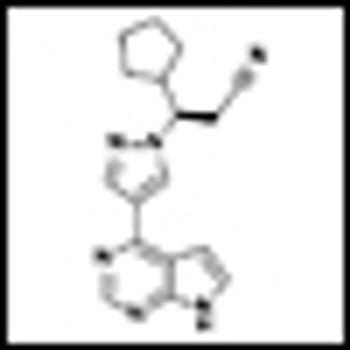
What are the latest advances in the treatment of triple-negative breast cancer? Are there new ways to molecularly characterize breast cancer tumors to identify specific mutation targets and increase the chance of response in this disease?
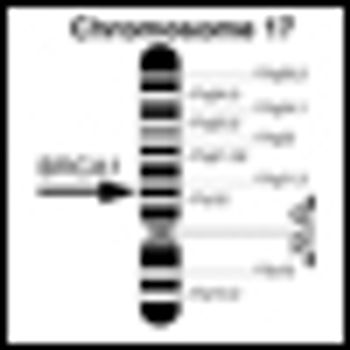
Breast cancer tumors that have a loss of function in DNA-repair genes like BRCA1 and BRCA2 may be particularly sensitive to PARP inhibitors such as olaparib.
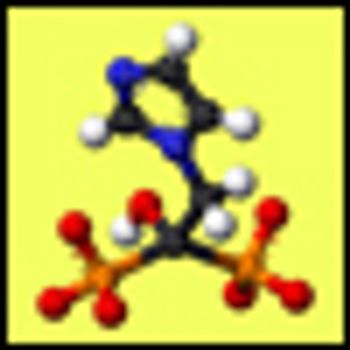
Over the past several months, the results of four randomized bisphosphonate adjuvant trials in a range of different patients have been released, two of these trials showed a survival benefit for the addition of a bisphosphonate to standard systemic therapy. ER-positive patients who are postmenopausal and have had no chemotherapy seemed to benefit the most.
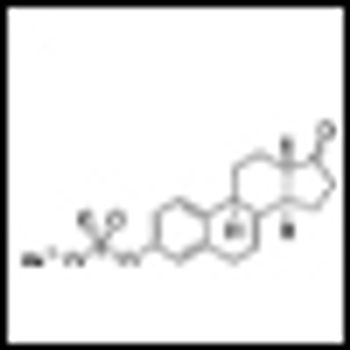
Women who received estrogen while part of the Women's Health Initiative (WHI) trial had lower rates of invasive breast cancer compared to those who received placebo, and they were less likely to die of the disease compared to women who never took the hormone replacement therapy.

Given the abundance of breast cancer data, this review will focus on breast cancer–related lymphedema. However, the principles and controversies discussed are relevant regardless of the type of malignancy to which the lymphedema is attributed.

The etiology and risk factors of breast cancer–related lymphedema (BCRL) are multifactorial and not fully understood.